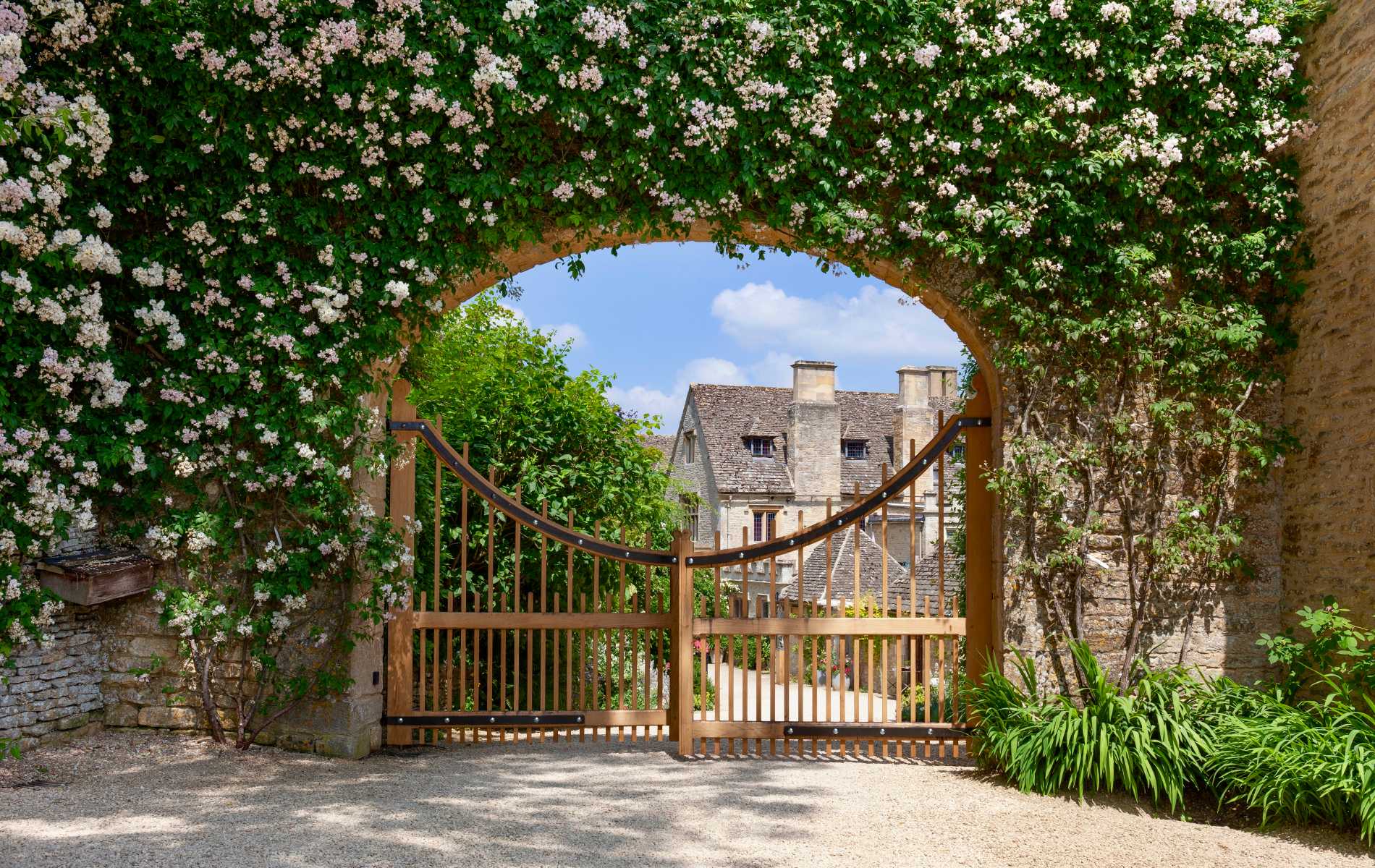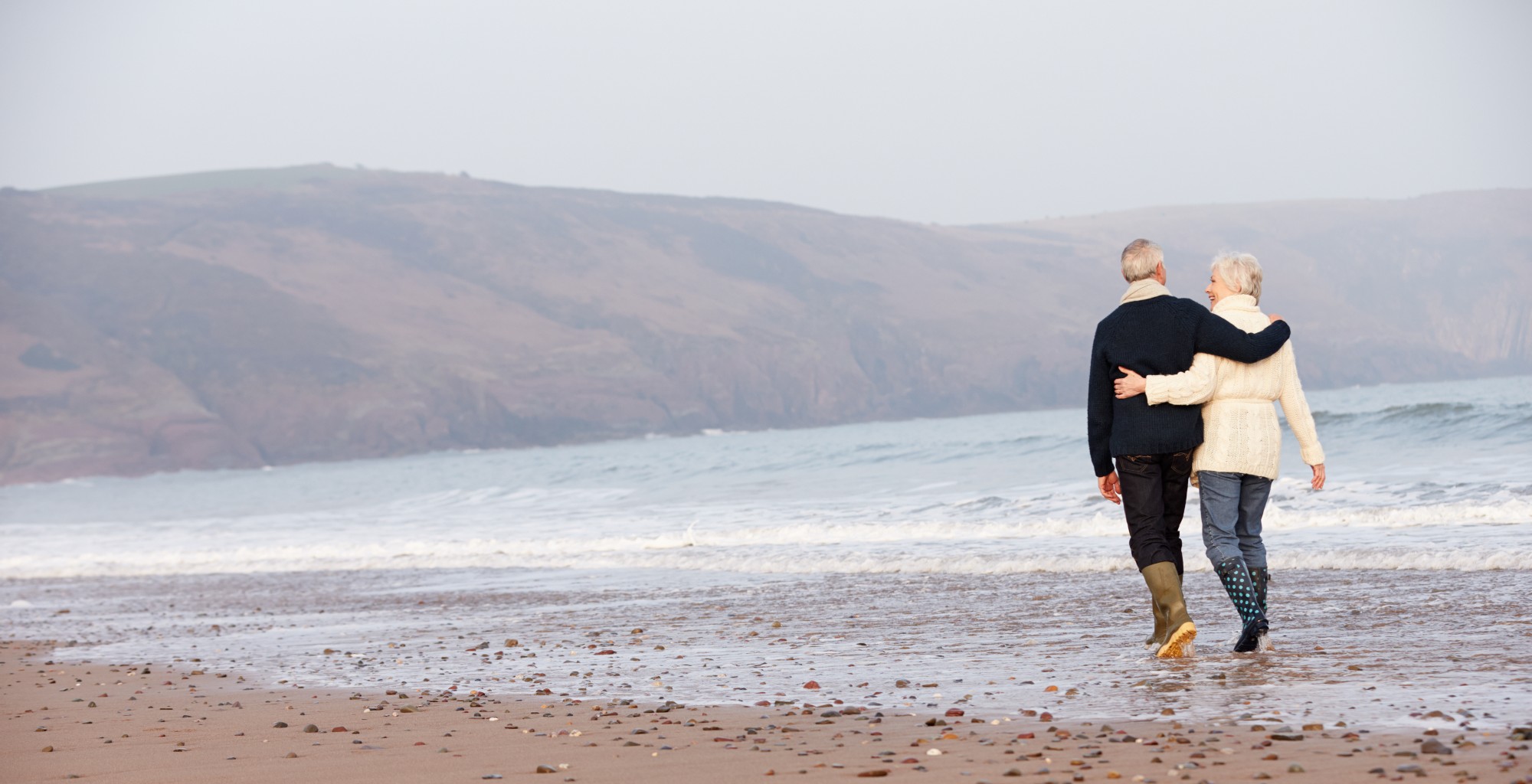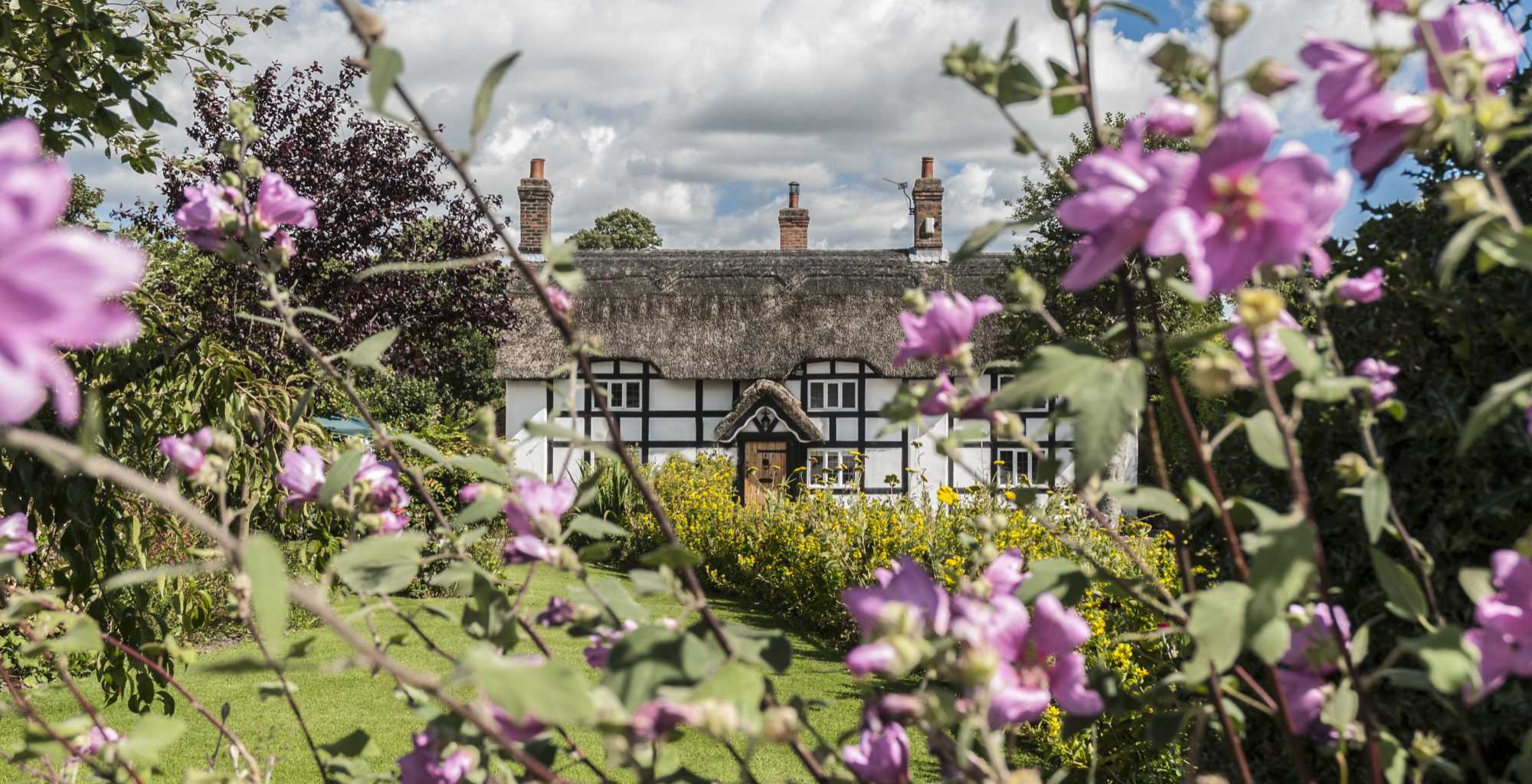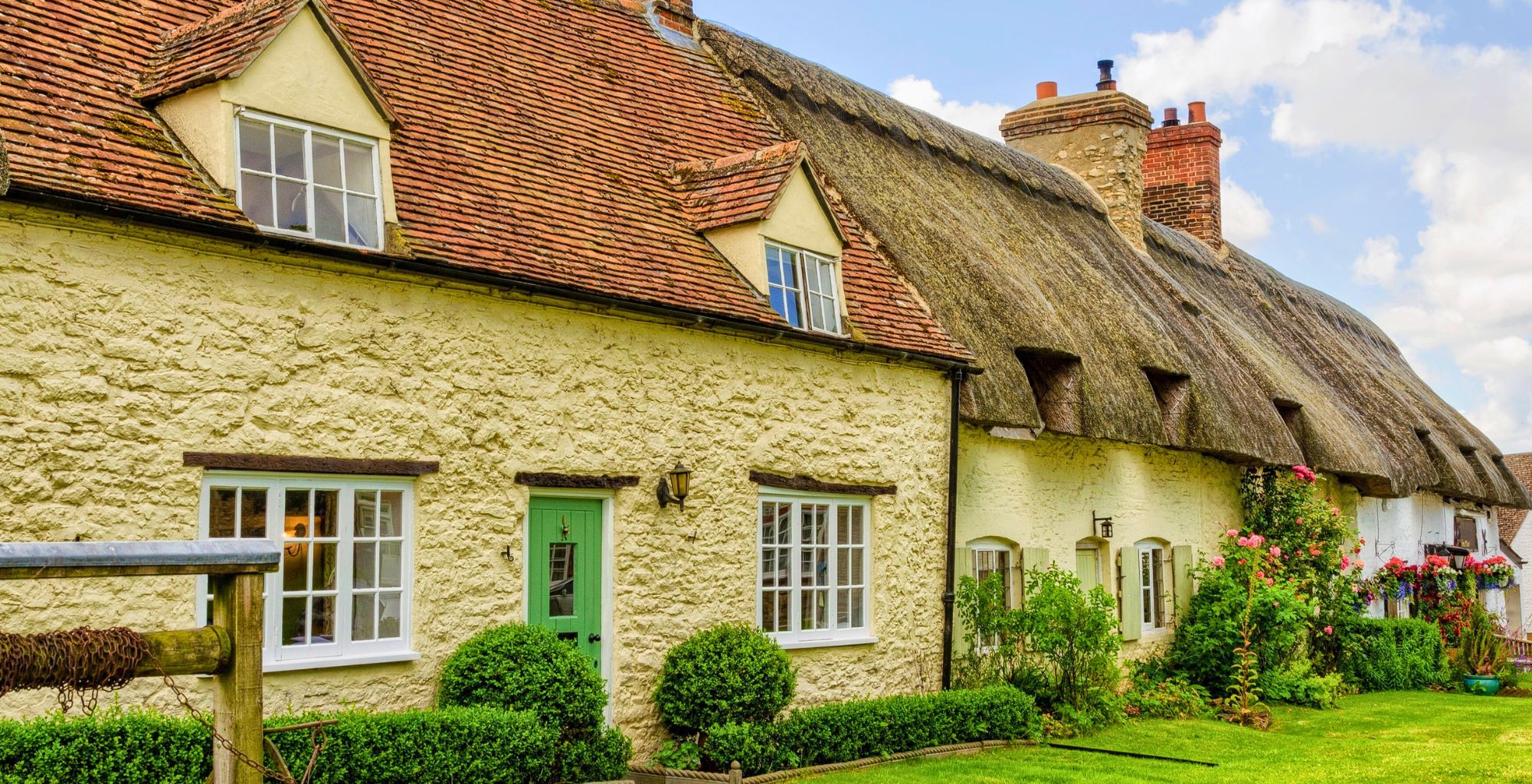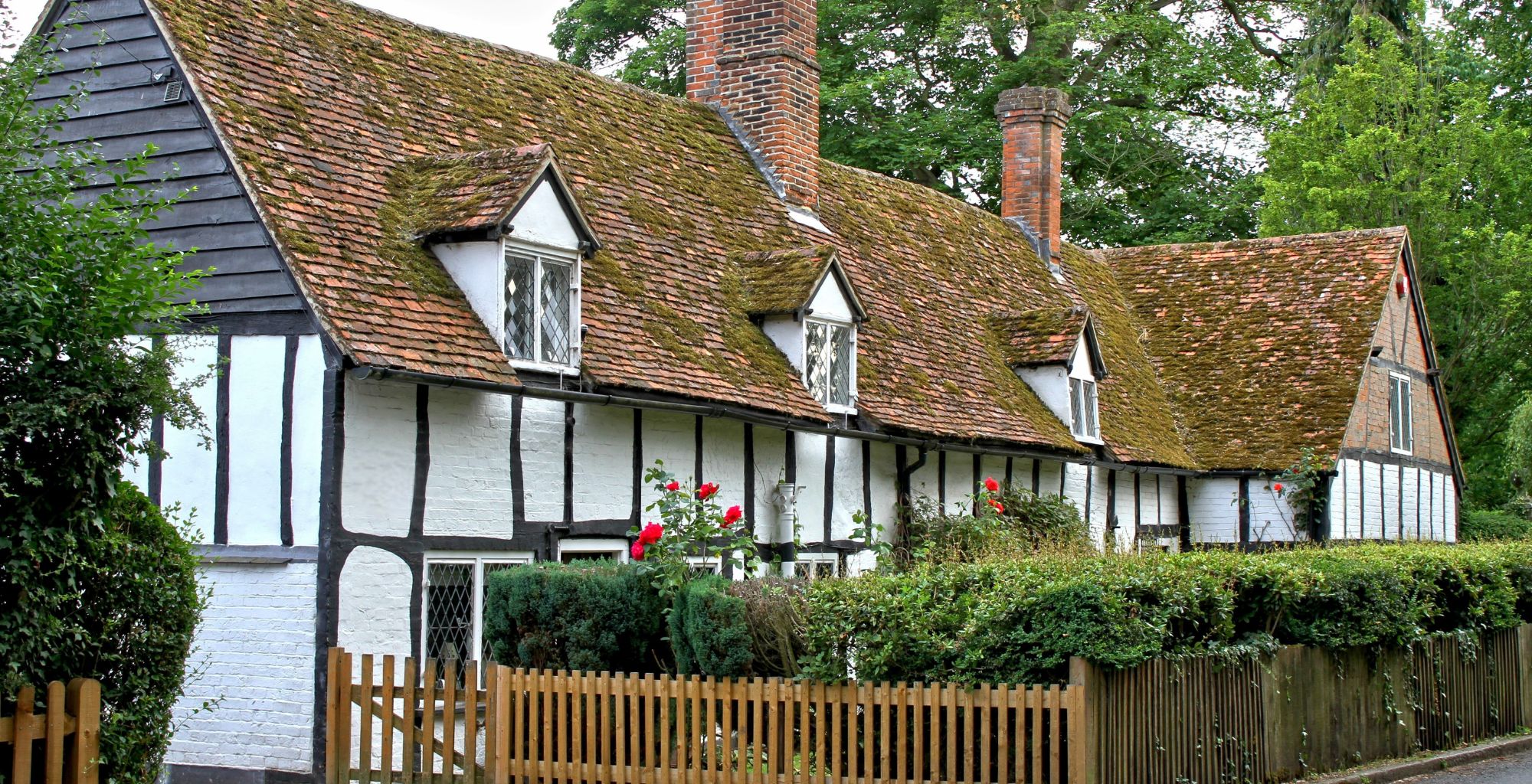Are you considering a move to the North West and want to know where the best places to live...
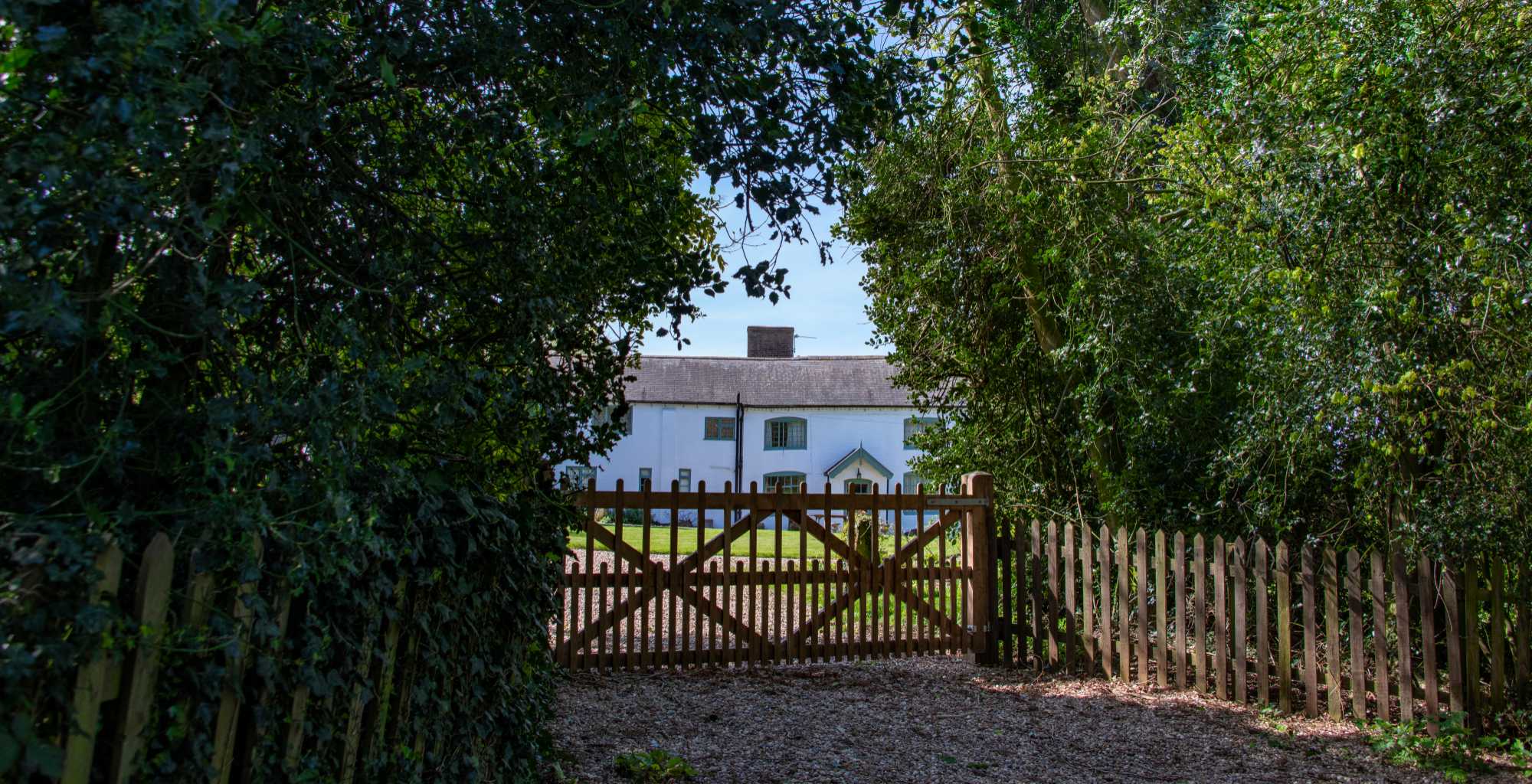
Buying a house with a granny annexe
If you’re looking to accommodate an elderly relative and possibly save money too, buying a house with a granny annexe could be the answer.
Multi-generational living is hugely popular and has lots of benefits, including financial ones.
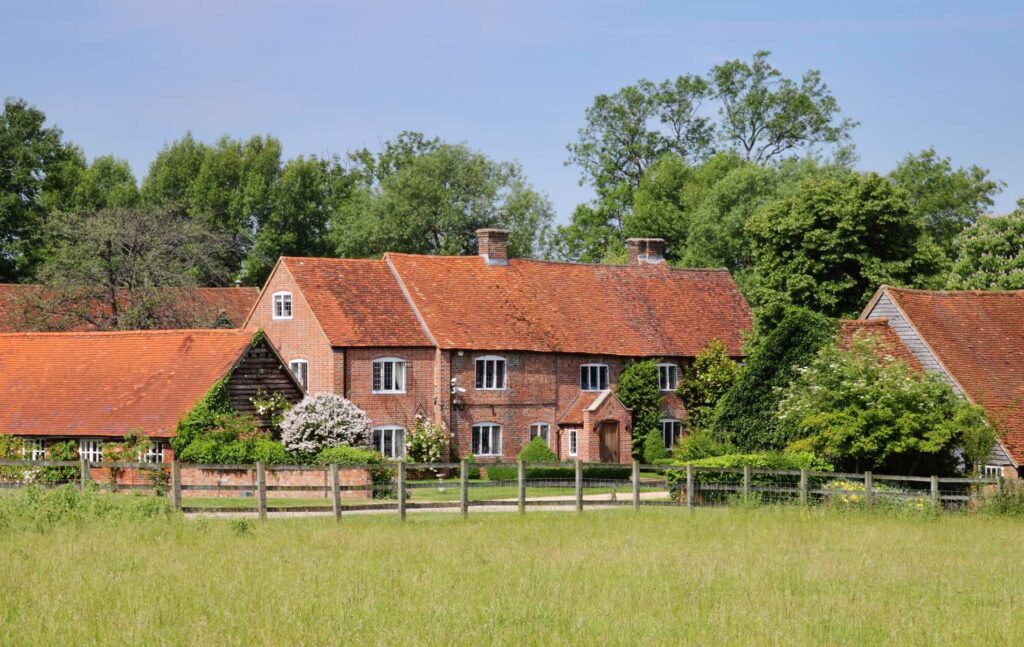
Bringing the family together
For a start, it can solve a dilemma if you’ve got an elderly parent who’s on their own.
Having them live with you can be a wonderful experience for you and your children.
A recent survey showed one in eight British homes now come with an annexe or plans to create one.
That same survey found that out of more than 4,000 adults across the UK, 34% now live in a multi-generational household.
In some instances, annexes are used for younger people, however the majority are to home an older relative.
There are substantial benefits; for starters you and your children can see more of them.
Also, having your relatives live with you may give you more time for work depending how active your elderly relative is.
They may be able to help out doing the school runs or a trip to the supermarket.
They may enjoy cooking a meal for you or simply look after your children so you can go out with your partner or have a break.
If you’ve got young children and elderly relatives who are young at heart, it can be extremely rewarding living close to them to really build a stronger family bond.
Of course, many people choose to live with both parents, particularly if older people are looking to downsize or perhaps if one has health concerns.
For an older couple who feel a big house is becoming too much, it’s a really good option to consider moving in with one of their children.
An annexe is, of course, the best of both worlds. Older people can still retain some independence but in the knowledge family members are on hand.
It also can mean a big financial advantage; with relatives able to help their children with a house purchase they wouldn’t otherwise be able to afford.
However, it is a big step for all and you need to be sure it’s what you all want. You need to ask yourself:
- How will your relative deal with a change in their independence and possibly living in a smaller space?
- Will they miss the big garden they used to have?
- How does your partner really feel about having an in-law living in close proximity?
Also, think of the future and the potential care you may need to provide as they get older.
If they live with you, caring when they fall ill will be your responsibility. Do give careful thought what it will be like living in the shadow of your parents or in-laws.
Not only will they forfeit some independence but you and your family will too.
Think of your own health too as there may be more work for you as relatives get older, both in helping them maintain their home, doing their shopping and the emotional burden too.
If they give up their car, it may mean you will need to drive them to regular hospital appointments and there will be no sharing of these duties with other family members who live away.
However, it can be the best move you ever made, strengthening a family bond and giving you a new outlook on your own life.
Finding the right property
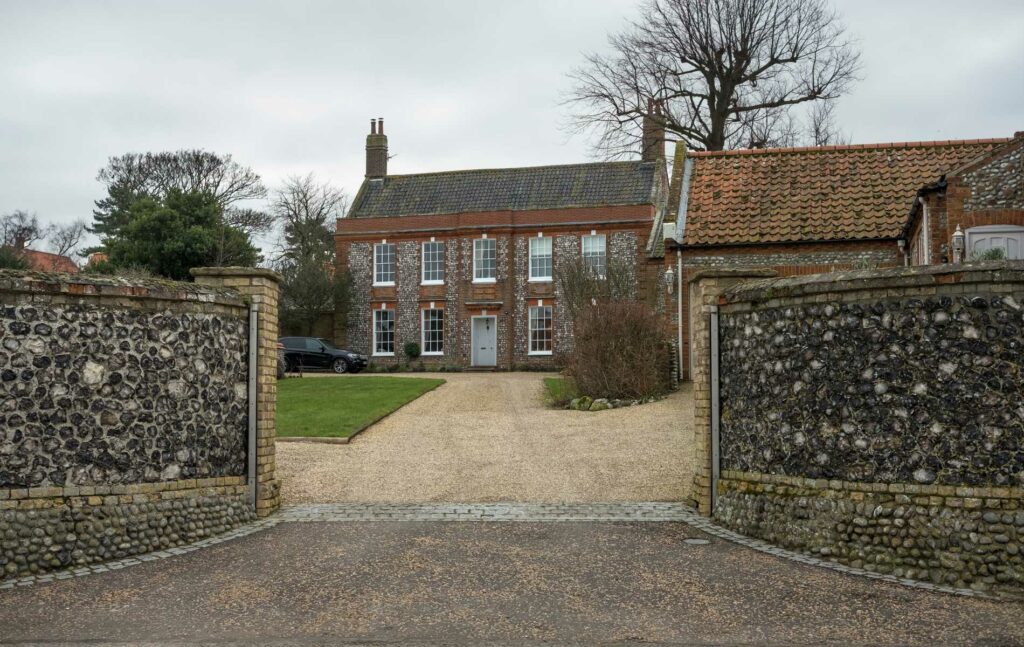
First, you need to find a suitable property and discuss how you are all going to purchase it.
Depending on what you choose can influence the financial benefits.
You need to consider whether you want:
- A house with a completely separate annexe situated in the grounds, such as a barn conversion?
- A converted garage that’s ready to be lived in?
- A purpose-built complex that’s situated away from the main house?
- Or do you want a property with a space that’s incorporated into the main building?
Some houses have, for example, a suite of rooms accessed through the main house. Others have a single storey extension to the main house with its own entrance.
Getting this right is vital as it will affect your lifestyle and can have financial implications.
In terms of lifestyle:
- Do you need that slight separation or are you happy to be all together under one roof?
- Is it important your relative has their own front door and a garden or parking space?
- Do you want to buy a house big enough to create an annexe yourself with building work?
Some properties for sale will have the downstairs configured so you could adapt rooms into an annexe.
Others such as barn conversions can have more than one property situated very close to each other.
Or could you buy a house and do a single storey extension?
Also look at properties for sale which may have a home office as these can be developed for living in.
For example, many offices have small kitchens and toilets so could be adapted for use as an annexe.
Look at how your relative will access the annexe – if it’s at the end of a dark field, it could be a problem.
Can you make it safe for them with outdoor lighting and a path to the front door?
Be wary of buying a house with too many steps or on different levels too.
What are the financial advantages of a ‘granny annexe’?
Buying a home with an annexe can offer you various savings.
For example, a house with an annexe can save you on stamp duty and you can also claim for tax relief* depending on whether certain criteria are met (*as at the time of publishing this article).
Although an annexe is technically an extra home, it does not qualify as an ‘additional’ dwelling for the purposes of the 3% stamp duty surcharge on second homes. This didn’t used to be the case.
If you bought a property which counted as two dwellings ie: a house with an annexe, you were liable to a 3% extra surcharge in stamp duty.
The rules were changed, however, so that an annexe no longer qualifies for the stamp duty surcharge, provided certain conditions are met.
These conditions include that the annexe must be on the same land or in the same building as the main home and must be worth one third of the total purchase price or less.
It is also possible to apply for ‘multiple dwellings’ relief.
This covers separate buildings or separate parts of a single building that are ‘suitable for use’ as self-contained living accommodation.
So, if you’re trying to claim relief on, say, a large attic, the taxman may not see this as qualifying.
The annexe needs to be deemed ‘suitable’ in that it demonstrates it can be lived in without someone having to use shared facilities such as a kitchen and bathroom.
In most cases, an annexe is also exempt from council tax but certain conditions need to be met.
For example, the accommodation needs to be ancillary to the main residence with a dependent relative living in it as their main or only home.
The issue is complicated but we at Garrington can guide you through the process and find properties suitable for claiming the tax relief and stamp duty reduction if this is required.
Gaining these financial advantages could mean you can buy a much larger house than you thought possible.
Adding value
It is difficult to know exactly how much value you add to a property’s price by creating an annexe but when you come to sell, it should be worth more.
Annexes are not only highly desirable for people with older relatives. Extra space that can be used for working from home or as accommodation for a younger person not at university or college is very much sought after.
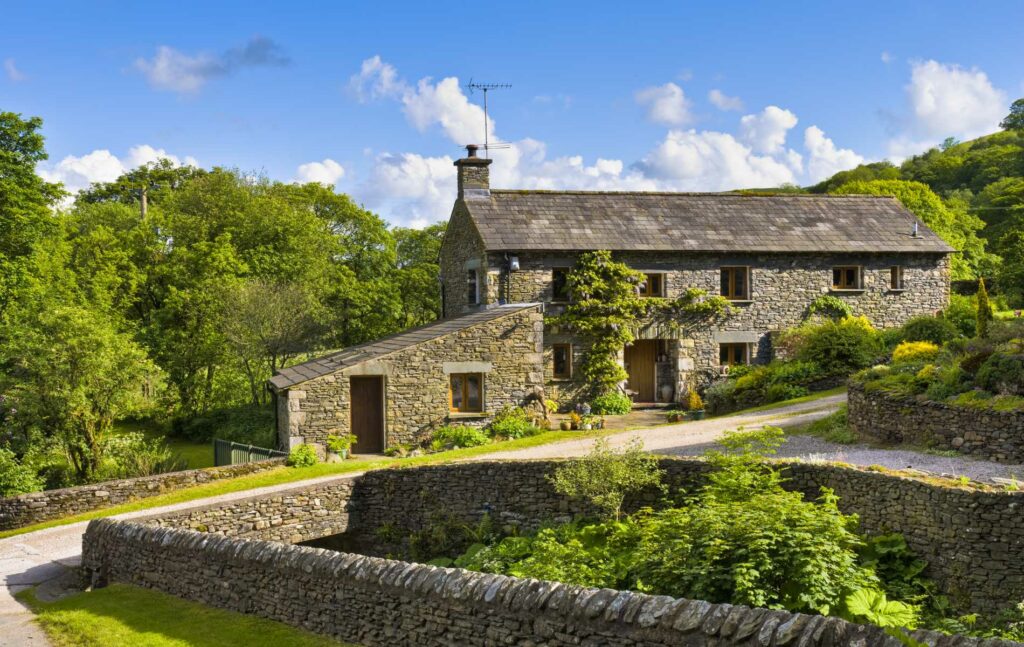
How do you fund it and who owns what?
Once, you’ve found a suitable property, it’s important to know who owns what.
First, how you decide to finance your purchase can be complicated if your relative is hoping to get a mortgage.
This is because many lenders won’t do this on only a part share in a property.
Also, there’s usually an age restriction meaning your relative may not qualify for lending.
Your solicitor will be able to give you more detail on the ownership implications.
All parties need to think about the following questions both for the present and the future:
- Is your relative going to pay a lump sum on the purchase or make monthly contributions?
- Will you be able to afford it in the event something happens to them?
- What is happening to your relative’s own home?
- Are you selling it to partly fund the new purchase?
- Or are you planning to rent it out to generate a monthly income?
Manage the stress
You need to fully agree on what is going to happen to your relative’s current property and factor in emotional attachments they may have to it.
It may hold many happy memories for them and coming to sell it may be harder than they imagine.
Depending on what kind of property it is can dictate how long it takes to sell and you need to have a plan if they sell before the annexe is ready.
Do you have room to accommodate them and what about their belongings?
Helping them to move can also take a lot longer than you might think because they will be downsizing.
Plan ahead with the purchase
Joint ownership as tenants in common is often how people buy a property with an annexe because it allows each of you to own a fixed share that reflects the different contributions you’ve made.
However, in the event of your relative passing away, their share will pass to the person they’ve indicated in their will.
This can result in you sharing your home legally with someone you’d never intended to.
You also need to make provisions for what happens if your relative needs to go into care in the future or if indeed something happens to you or if you want to move.
Your solicitor can help with all this.
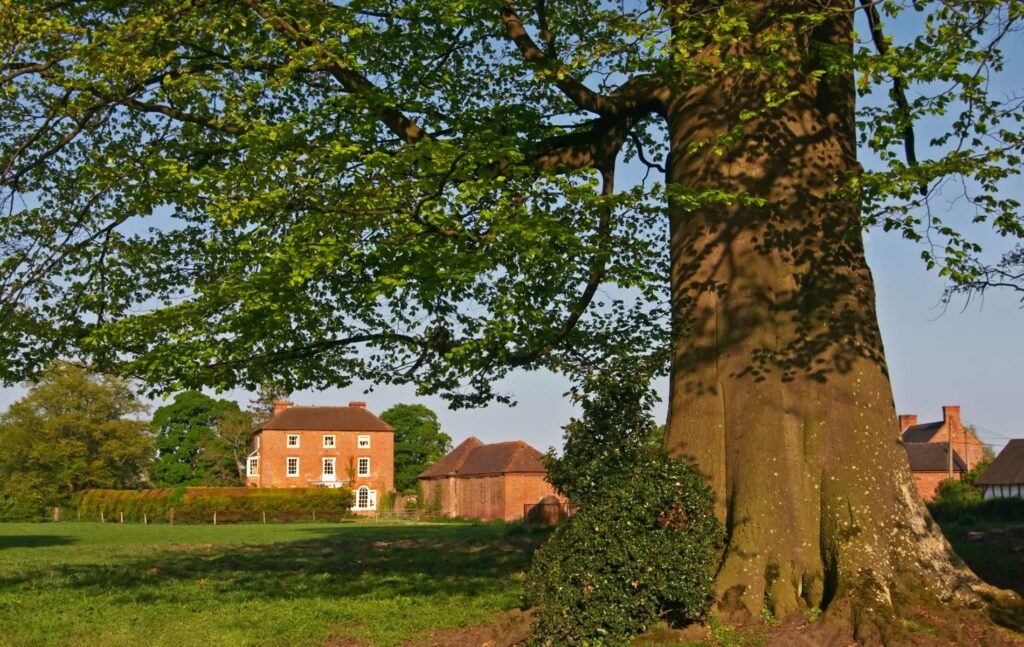
Future-proofing
Once you’ve found the right property to buy with an existing annexe or potential to create one, you need to future-proof it. Think how the annexe will meet the needs of your relative as they get older.
Think of features which may be a help rather than a hindrance, such as:
- Something on one level is going to be better than stairs.
- A separate garden is a fantastic idea but will they be able to look after it?
- Low maintenance with a non-slip floor is a good idea with wide doorways that can accommodate a wheelchair.
- A wet room rather than a bathroom and no shower cubicle can be more practical.
Also, think about safety and accessibility:
- An open fire may not be such a good idea as it could be a safety risk.
- Think about plug sockets and light switches being in easy reach and not positioned too low or high.
- Think about how windows open; can someone older manage the catches?
- Are the kitchen cupboards out of reach for them?
What about when they get older and need special care:
- Consider installing a panic warning system so your relative can get help if something goes wrong.
- How easy would it be to introduce equipment you may need for someone elderly as time goes on?
- Could you get a hospital bed through the door?
And although it’s hard, what you would do with the space in the event of your relative passing away:
- Could you manage using the annexe for something else?
- Could you manage financially not using the annexe at all?
Using a professional property finder to buy a house with a granny annexe
So, there are many considerations when buying a house with a ‘granny annexe.’ There are many things to think about which involve the emotions too.
With this kind of purchase, you need someone trained to look at all options to find the right property.
Please contact Garrington as we have a trained team who can find a property with an annexe that matches your individual needs.
